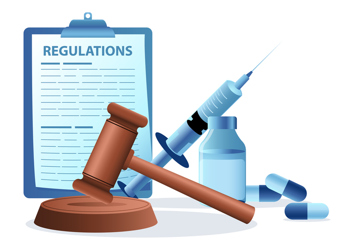Bridging The Gap: The Challenges And Opportunities Of Real-World Evidence: Part II
Kaitlyn Rouillard Vargas, PhD, Scientist, Product Development & Commercialization, Kymanox Corporation

The FDA's Real-World Evidence (RWE) framework, established in 2018, integrates Real-World Data (RWD) into regulatory decision-making. While RWE overcomes limitations of traditional Randomized Control Trials (RCTs), challenges remain, particularly the absence of randomization and potential bias due to inconsistent data collection. Key issues include data completeness, the need for advanced statistical methods to adjust for confounding factors, and difficulties in ensuring patient privacy. Moreover, the lack of interoperability between diverse Electronic Health Records (EHR) platforms complicates data integration. RWE is particularly valuable in addressing unmet medical needs in rare and serious diseases where RCTs are not feasible.
Despite these challenges, RWE has been successfully applied in several regulatory contexts. Notably, Elevidys, a gene therapy for Duchenne muscular dystrophy, used a combination of RCT data and RWE for FDA approval. Similarly, Keytruda (pembrolizumab) leveraged RWE for accelerated approvals across multiple cancer indications. These cases highlight RWE's potential to expedite drug development for urgent medical needs.
To effectively use RWD, clear study protocols, robust statistical analysis, and continuous engagement with the FDA are necessary. Sponsors should ensure that RWD sources are reliable, comparable to clinical trials, and able to address the research question. As RWE becomes more integrated into drug approval processes, ongoing improvements in data quality and standardization will be crucial to realizing its full potential for enhancing patient outcomes and accelerating medical innovation.
Get unlimited access to:
Enter your credentials below to log in. Not yet a member of Pharmaceutical Online? Subscribe today.
